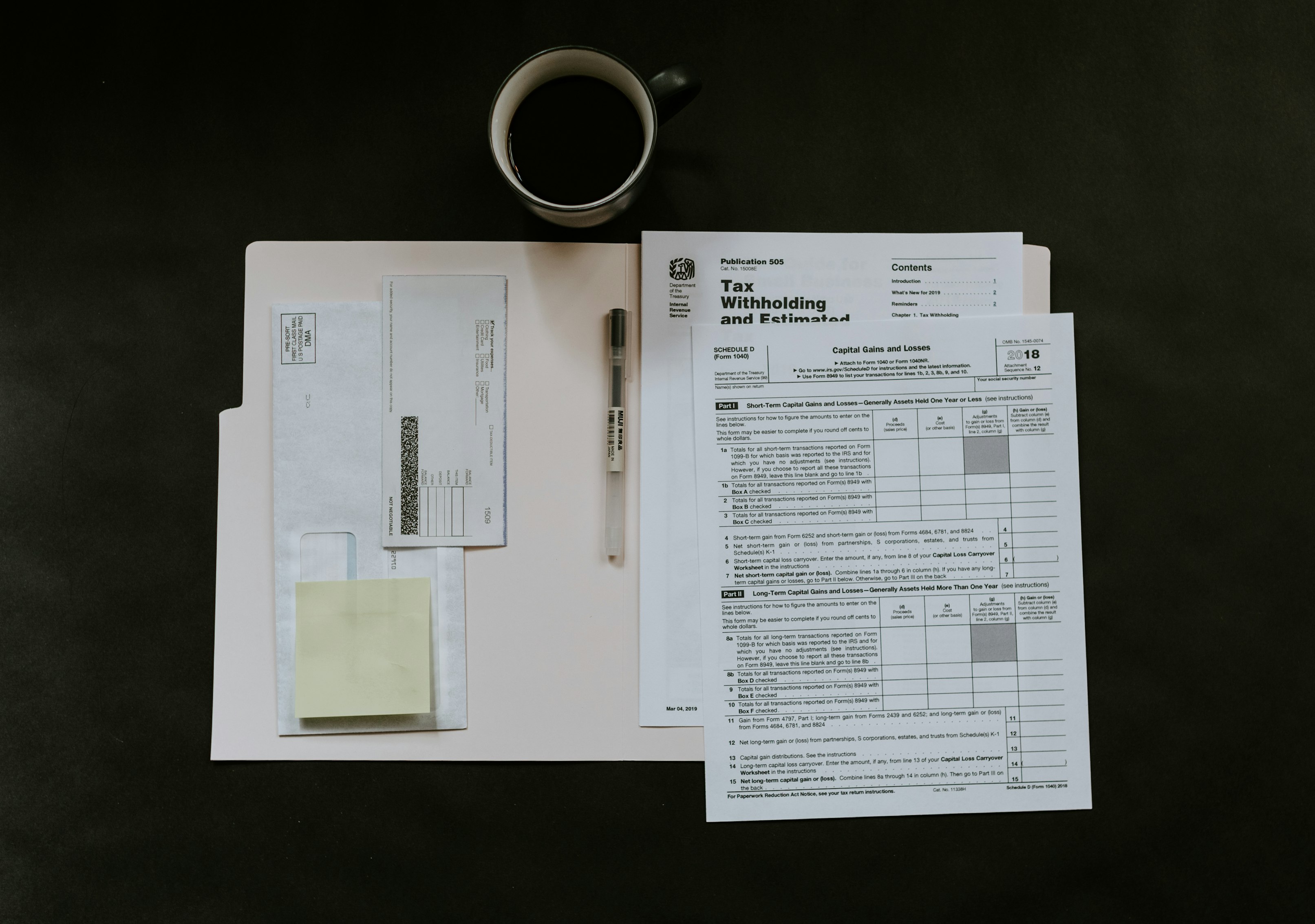2024-03-27 07:30:00
INVESTMENT
Investment property: everything you need to know
Have you heard of the term investment property? Unfortunately, most people don't know what it means, even if they are owners of investment property themselves... Investment assets can be a great form of passive income and can help to increase your capital. As the name dictates, it is an asset in which we invest in the hope of increasing our investment portfolio. In this article, we want to introduce you to this concept, tell you what investment property is, how it differs from personal property, what its advantages are, what taxes apply to it, and how you can acquire it.
What is an investment property?
Investment property is a fixed, tangible asset that helps to earn money by renting it out or selling it when it increases in value. Fixed assets include various types of real estate or parts of real estate, land, or land together with real estate. For example, if you own an apartment that you rent out and receive income from, the apartment would be considered an investment property. If the property is used for the production of goods, services, or other administrative purposes, or if the sale of the property is a typical activity of a particular enterprise, then it is not considered an investment property. Investment property is only fixed assets that are held solely to generate rental income or capital appreciation. They may be owned by natural or legal persons to generate additional income not specified in their business activities.
What is the difference between investment assets and personal assets?
Personal assets are all movable and immovable assets owned (or paid out) by a particular person: land, forest, other immovable property or parts thereof, cars, shares, various appliances, objects, etc. Investment property, on the other hand, is limited to tangible fixed assets from which rental income or appreciation in value can be earned. For example, you have two flats: one where you live and one where you rent out. Both will be your personal property, but only the second one will be considered an investment property because you receive rent from it and thus increase your investment capital. If you buy a real estate property, such as a beauty salon, and run the business yourself and earn income from it, this personal property will not be considered an investment property.
Advantages of investment property
Around the world, many people choose to invest in investment property. Investments are not only made within the borders of their own country but also on a global scale. This not only allows you to increase your capital but also has many other huge pluses.
First of all, investing in real estate is psychologically safer - you are acquiring a concrete physical asset that you can see or touch, which gives you a sense of security.
- Investment property is liquid. This means that if you decide to sell, it can be quickly exchanged for cash. (There are also illiquid properties, so you need to know how to choose).
- A wide choice of investment properties. Today's market offers a wide choice of long-term properties, so it's easy to find the one that best suits your needs.
- It is a low-risk investment. Real estate almost always remains a valuable asset and its prices are often rising and even outperform inflation. It can be sold and the money invested recouped.
- Investment property often becomes a guarantee of security. Perhaps we all want to feel secure, not only now but also in the future. To be secure, people all over the world buy a wide range of long-term assets to keep their money safe and depreciate in case of emergencies.
- When the need arises, investment assets may lose their status and become assets that are used for productive, service, or other purposes by the owner. This means that it offers new opportunities.
- As a separate source of income, investment property allows to reduce the risk of loss of income or, in other words, it is an excellent tool for diversification.
- Well, the biggest advantage is that by investing in this type of asset, you are not only helping yourself
Investment real estate
The purpose of investment property is to generate income by renting and/or selling it after appreciation. As this is income, it should be borne in mind that investment property must also be accounted for. The chart of accounts for investment property approved by the Audit and Accounting Office can help in the maintenance and management of the accounts. However, it should also be borne in mind that income from investment property is also subject to tax.
Taxes on investment property
Taxes on investment property are taxes on real estate and taxes on the income from the property.
Real estate tax applies to all real estate in Lithuania unless the property is not used (e.g. under construction) or while the relevant public-private partnership agreement is being executed. The tax ranges from 0.5 to 3 percent of the taxable value of the real estate, depending on the purpose, use, technical characteristics, legal status, condition, position of the taxpayer, and location of the real estate. This tax must be paid and the tax return submitted no later than 15 February of the following year (e.g. for 2023, it should be paid by 15 February 2024).
Personal Income Tax (PIT) is another liability for owners of investment property, which is due by 1 May of the following year. When you receive income from the sale of real estate, or real estate
Fixed investment assets
Investors today have a wide range of ways to put their money to work. Some choose long-term investments for 5 years or more, while others choose short-term investments and expect to benefit after just a few months. Both are good options, but they differ in their riskiness and duration. Long-term investment assets tend to generate long-term returns unless the asset is purchased to sold after a few years. So when looking for the best way to have long-term capital growth, investment property is worth considering.
How do you acquire investment property?
To own an investment property, the first step is to acquire a tangible fixed asset that will be used to earn rental income or capital appreciation. These assets must be accounted for as investment property. An asset is recognized as an investment when it is capable of generating economic benefits. Otherwise, it will not be classified as an investment property.





